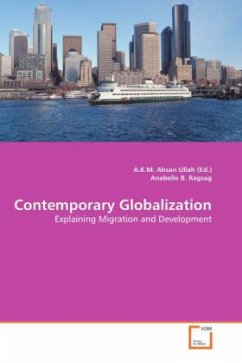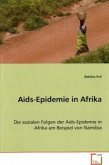The process of globalization, the progressively greater influence being exerted by worldwide economic, social and cultural processes over national or regional ones, is leaving its mark on today's world. The dramatic changes in terms of space and time being brought about by the information revolution represent a qualitative break with the past. Globalization without any doubt opens up opportunities for development. However, this process also entails risks such as the risk that countries unprepared for the demands of competitiveness in the current world may be excluded from this process, and the risk of an exacerbation of the structural heterogeneity existing among social sectors and regions within countries. This book talks about both opportunities and challenges of today's globalization.








